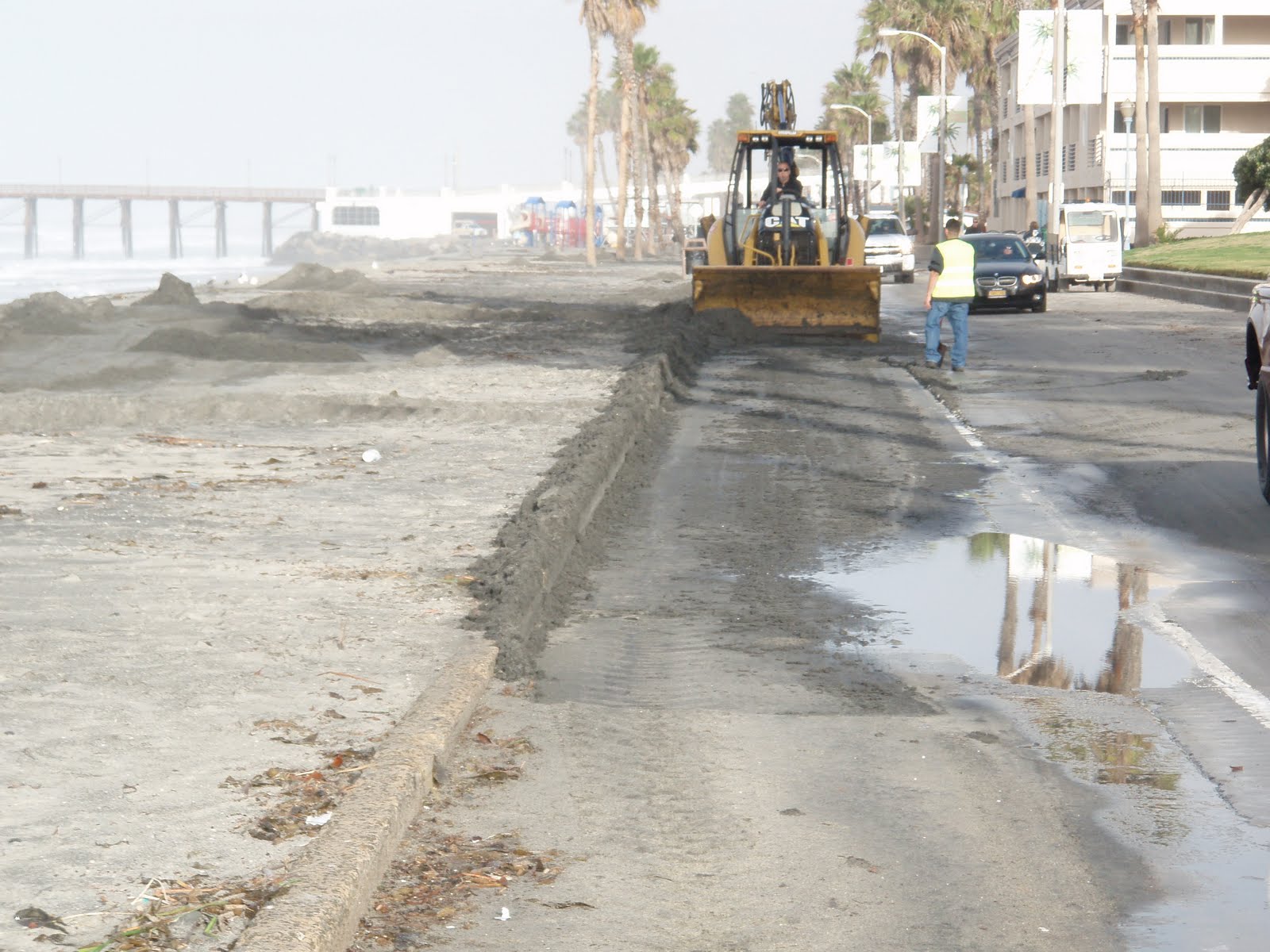
Stop Radioactive Roads in Florida
Goal: To prevent the use of phosphogypsum in Florida roadways
Clean water is paramount to both livelihoods and lifeways in Florida. Yet, the state’s historic pollution from failing wastewater and agricultural and urban runoff, devastating harmful algal blooms, and calamitous collapse of once vital marine and estuarine ecosystems persist. At a time when the state should be doubling down on measures to prevent pollution at the source and despite significant public opposition, Governor Ron DeSantis signed HB1191 into law in June 2023, allowing the use of phosphogypsum in road construction. Surfrider seeks to protect human and environmental health and prevent the use of this toxic substance in Florida roadways.
Phosphogypsum is the radioactive waste created from the production of fertilizer. It releases cancer-causing radon gas and can also include heavy metals and carcinogens. The EPA currently prohibits the use of this toxic substance due to unacceptable risk it poses to public and environmental health, and requires that it is stored in 'gypstacks' which are prone to failure.
This failure was never more clear than in 2021, when there was a leak in a containment wall at the Piney Point fertilizer plant in Manatee County, Florida. To prevent total failure, and triggering a local state of emergency, hundreds of millions of gallons of wastewater from a gypstack in the plant were discharged into Tampa Bay. What ensued was a water quality emergency that exacerbated what would become one of the worst red tide events in 50 years and killed 1,600 tons of marine life. Surfrider’s Suncoast Chapter led the charge locally to call on the Governor and his administration to hold the fertilizer industry accountable for polluting Florida’s waterways and end the dirty practice of phosphate mining and fertilizer production in Florida.
Using phosphogypsum in roads is sure to fuel radioactive stormwater runoff and irrevocably harm our waterways. To protect clean water and prevent further harm to Florida’s treasured marine environments, Surfrider is taking action alongside the Center for Biological Diversity to target the EPA to deny a request to use phosphogypsum in a pilot road project in Florida. Surfrider led a local and state elected official letter with more than 30 representatives from communities across Florida urging the EPA to deny Mosaic's current application. Despite widespread opposition, the EPA issued notice of its pending approval of Mosaic's pilot road project in October 2024. Surfrider, alongside many other organizations and individuals, provided public comment opposing the permit's approval and urging the EPA to rescind its pending approval. Surfrider is currently tracking the EPA's final decision regarding the Mosaic application.
In July 2025, U.S. Congressman Maxwell Frost and U.S. Congresswoman Sheila Cherfilus-McCormick re-introduced the No Radioactive Roads Act, strengthening the requirements for phosphogypsum use applications and the stringency of EPA's approval process, with support from Surfrider, the Center for Biological Diversity, and other organizations. The bill would establish important safeguards for protecting human health, requiring water quality monitoring, and ensuring transparency. Surfrider supports this legislation as an important step to protect public health and water quality.
